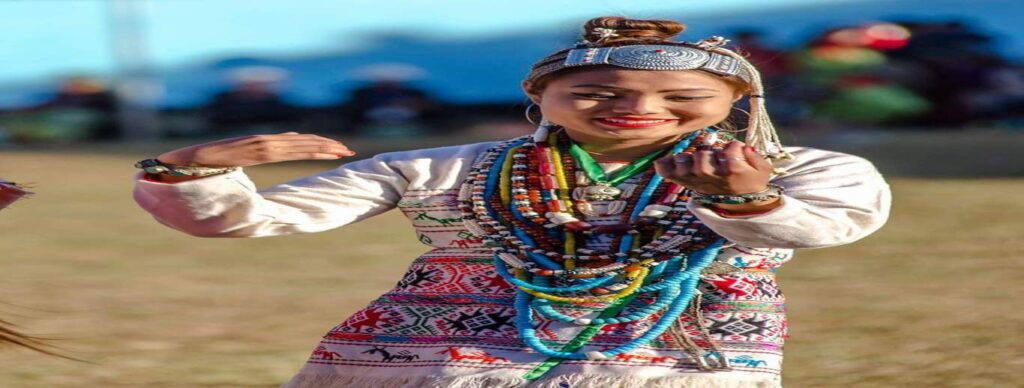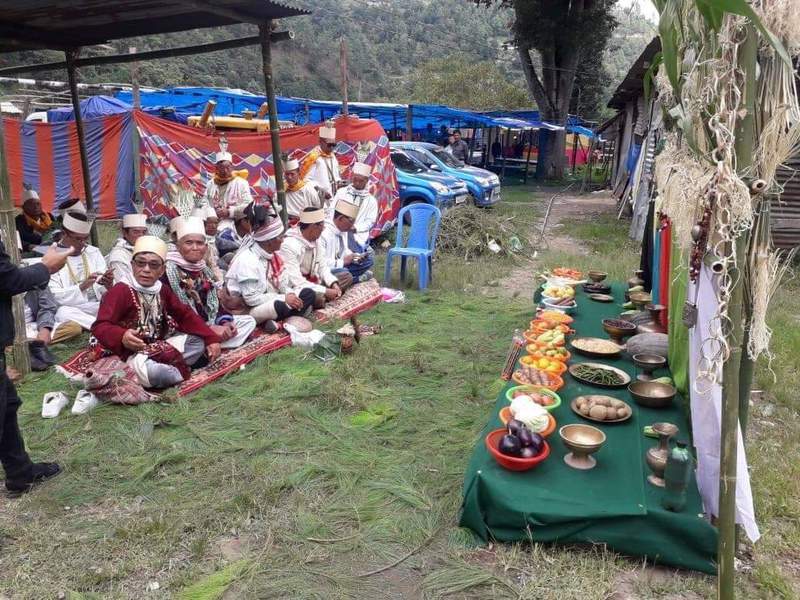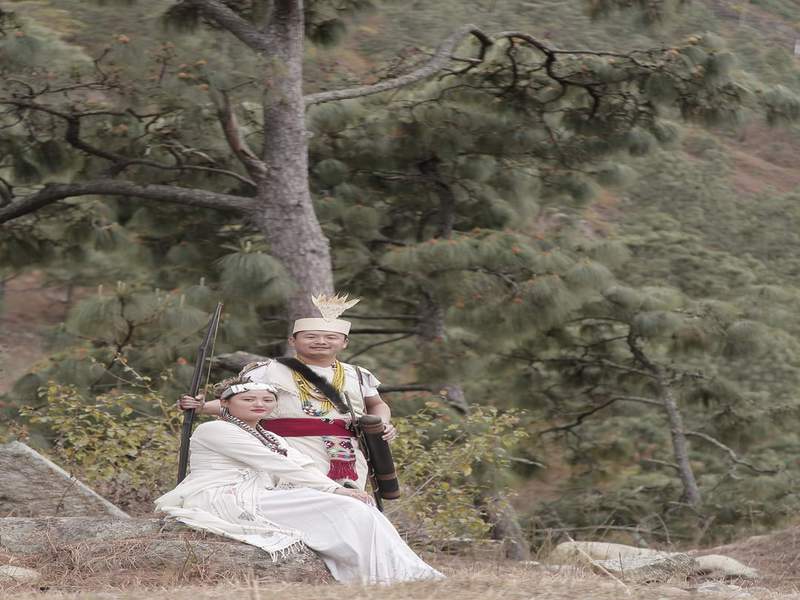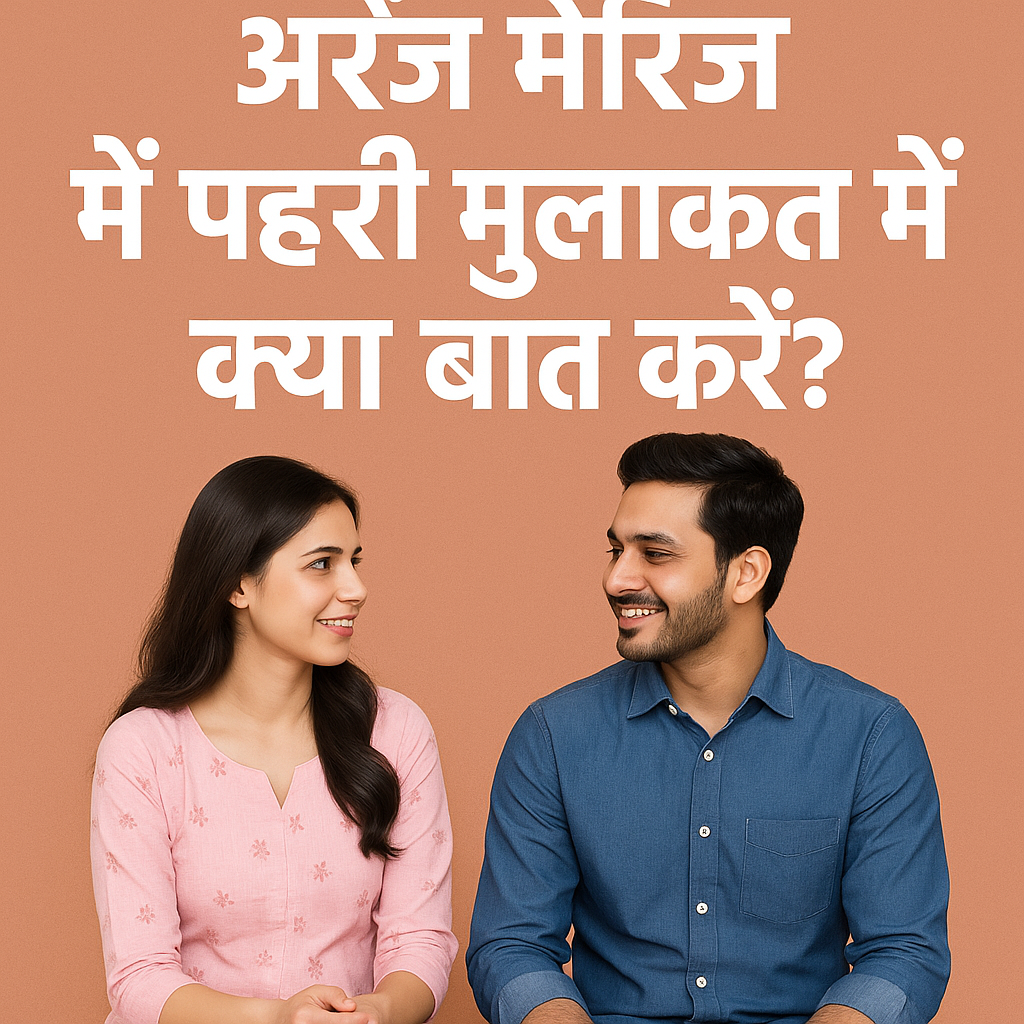Nestled in the lush hills of West Kameng District, Arunachal Pradesh, the Pham-Kho-Sowai festival stands as a vibrant testament to the rich cultural tapestry of Northeast India. This annual celebration, hosted by the Bugun Tribe, offers a unique glimpse into the harmonious relationship between the indigenous people and their natural surroundings. As the harvest season reaches its peak, the festival becomes a focal point for cultural exchange, traditional rituals, and communal joy.




The Essence of Pham-Kho-Sowai
At its core, Pham-Kho-Sowai is a heartfelt tribute to the mountains and rivers that sustain the Bugun community. The festival’s name itself encapsulates this deep connection: “Pham” translates to “Mountain,” while “Kho” represents “River” or any water body. This linguistic insight reveals the profound respect the Bugun people hold for their environment, recognizing these natural elements as the lifeblood of their existence.
A Feast for the Senses
As dawn breaks on September 10th each year, the Singchung ground in West Kameng District comes alive with a kaleidoscope of colours, sounds, and aromas. The air fills with the rhythmic beats of traditional drums and the melodious strains of folk music, creating an atmosphere of joyous anticipation.
Visitors are treated to a spectacular display of traditional Bugun attire, with elaborate headdresses and intricately woven garments adorning the festival participants. The vibrant costumes serve not only as a visual delight but also as a living museum of Bugun craftsmanship and artistry.
Cultural Performances and Rituals
One of the highlights of Pham-Kho-Sowai is the series of cultural performances that unfold throughout the day. Skilled dancers move in perfect synchronization, their movements telling ancient stories of bravery, love, and the eternal cycle of nature. These dances are not mere entertainment; they are a vital means of preserving and transmitting cultural knowledge from one generation to the next.
Interspersed with the performances are solemn rituals that form the spiritual heart of the festival. Elders of the Bugun community lead these ceremonies, offering prayers and sacrifices to the mountain and river deities. These rituals serve as a poignant reminder of the community’s deep-rooted animistic beliefs and their commitment to maintaining harmony with the natural world.
A Gastronomic Adventure
No festival is complete without a feast, and Pham-Kho-Sowai does not disappoint. The harvest season ensures an abundance of fresh, locally sourced ingredients that are transformed into a mouthwatering array of traditional dishes. From hearty meat preparations to delicate vegetable curries, the festival offers a unique opportunity to explore the rich culinary heritage of the Bugun people.
Community and Cultural Exchange
Perhaps the most valuable aspect of Pham-Kho-Sowai is its role as a platform for cultural exchange and community bonding. As visitors from different parts of India and abroad mingle with the local populace, barriers dissolve, and new friendships are forged. The festival serves as a reminder of the importance of preserving indigenous cultures in an increasingly globalized world.
Preserving Tradition in a Changing World
While Pham-Kho-Sowai remains deeply rooted in tradition, it also faces the challenges of modernization. The Bugun community, like many indigenous groups, grapples with the task of preserving their cultural heritage while adapting to the realities of the 21st century. The festival thus takes on an additional role as a means of cultural preservation, educating younger generations about their roots and instilling a sense of pride in their unique identity.





Experiencing Pham-Kho-Sowai
For those fortunate enough to attend, Pham-Kho-Sowai offers an unforgettable immersion into the heart of Bugun culture. Whether you’re captivated by the rhythmic dances, moved by the spiritual rituals, or simply enjoying the warm hospitality of the local people, the festival promises a profound and enriching experience.
As the sun sets on the Singchung ground, marking the end of another successful Pham-Kho-Sowai celebration, participants and visitors alike depart with a renewed appreciation for the delicate balance between human culture and the natural world. In an age of rapid change, this festival stands as a beacon of hope, demonstrating how traditional wisdom can guide us towards a more sustainable and harmonious future.
5 FAQs about Pham-Kho-Sowai:
- When and where is the Pham-Kho-Sowai festival celebrated? The festival is celebrated annually on September 10th in Singchung, West Kameng District, Arunachal Pradesh.
- What is the significance of the festival’s name? “Pham” means “Mountain” and “Kho” means “River” in the Bugun language, reflecting the festival’s focus on honouring these natural elements.
- Are visitors allowed to participate in the festival activities? Yes, visitors are welcome to observe and often participate in many aspects of the festival, including watching performances and enjoying the communal feast.
- What type of traditional food can one expect at the festival? The festival features a variety of local dishes made from freshly harvested ingredients, including both meat and vegetable preparations unique to Bugun cuisine.
- How can I reach Singchung to attend the Pham-Kho-Sowai festival? The nearest major city is Bomdila, 26 km away. The closest airport is Lokpriya Gopinath Bordoloi International Airport (286 km), and the nearest railway station is in Tezpur (130 km).





Leave a Reply